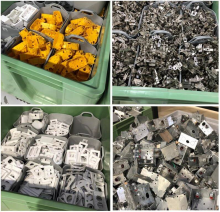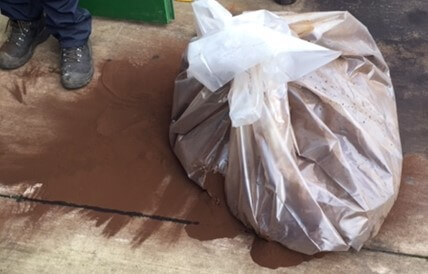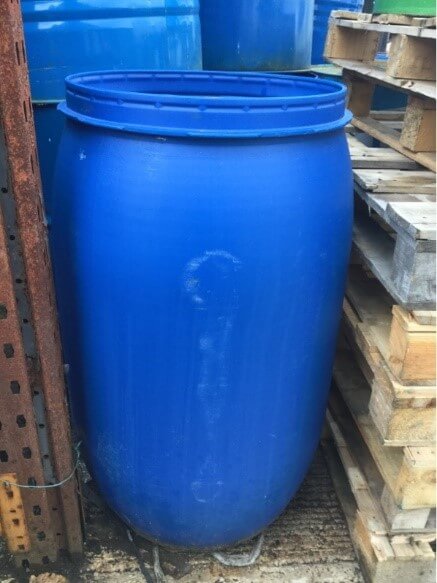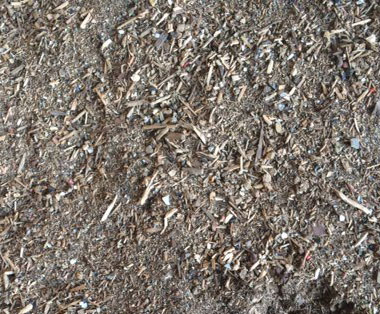Want to know more about our support?
About our Resource Matching support
Companies that manage their business waste efficiently achieve significant cost and energy savings.
Our Resource Matching Service, delivered by International Synergies NI Ltd, provides an opportunity to transfer business waste, unwanted materials and bi-products from one business or organisation to be reused, recycled, reprocessed and repackaged by another.
Business benefits of the Resource Matching Service:
- Generating income from business waste
- Reduced or zero waste disposal costs
This project is part-funded by the UK Government through the Shared Prosperity Fund.
How does Resource Matching work?
A team of highly skilled and experienced staff will provide advice and guidance to help your business achieve resource matching solutions specific to your resource and waste management needs.
The principle one business’s waste being the raw material of another applies to all industry sectors and all resources and materials including; water, energy, process by-products, redundant equipment, skills and expertise.
What benefits does the Resource Matching Service offer?
Businesses can benefit from the Resource Matching service by:
- Reducing or even eliminating waste disposal costs.
- Transforming business waste into income by transferring it to businesses or organisations that reuse, recycle, or reprocess it.
- Promoting sustainable and eco-friendly practices by turning waste into valuable resources, reducing landfill use and carbon footprints.
- Accessing expert advice and solutions tailored to specific resource and waste management needs, ensuring practical and efficient outcomes.
- Supporting all industry sectors and a wide variety of materials, including water, energy, redundant equipment, and process by-products, fostering greater collaboration and innovation between businesses.
Who is eligible for the Resource Matching Service?
The Resource Matching Service is open to any business in Northern Ireland that meets the following criteria:
- Businesses and organisations looking to manage their waste more efficientl
-
Suitable for all industry sectors and materials, including but not limited to:
-
Water
-
Energy
-
Process by-products
-
Redundant equipment
-
Skills and expertise
-
Examples of Resource Haves and Wants
The Resource Matching Service is designed to bridge the gap between businesses with surplus materials or expertise ("haves") and those seeking specific resources to enhance their operations ("wants"). By showcasing examples of available resources and sought-after materials, this service demonstrates how businesses across various sectors can work together to reduce waste, optimise resource usage and achieve greater sustainability.
Case study
Hear from our customers on how they have benefited from our Resource Matching support.
Frequently asked questions about Resource Matching
Resource Matching best practice guidance
Discover best practices in resource matching with our Industrial Symbiosis guidance. This provides practical insights and case studies on how Northern Ireland businesses have successfully implemented strategies for efficient resource use, reducing waste, and creating new opportunities through collaboration.
Download now to learn how to improve productivity through efficient resource management (PDF)
Contact us
If you are interested in more information on our resource matching service, contact our Business Support Team on 0800 181 4422 or complete the enquiry form.





